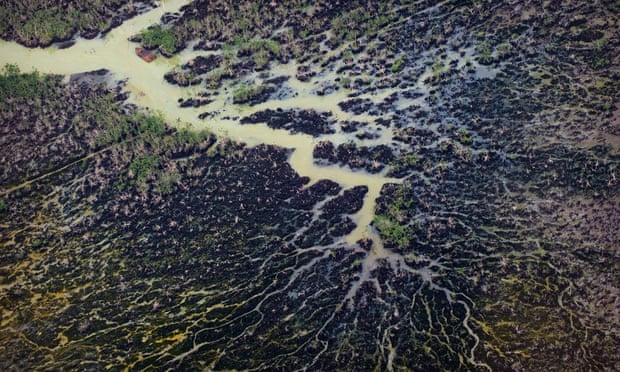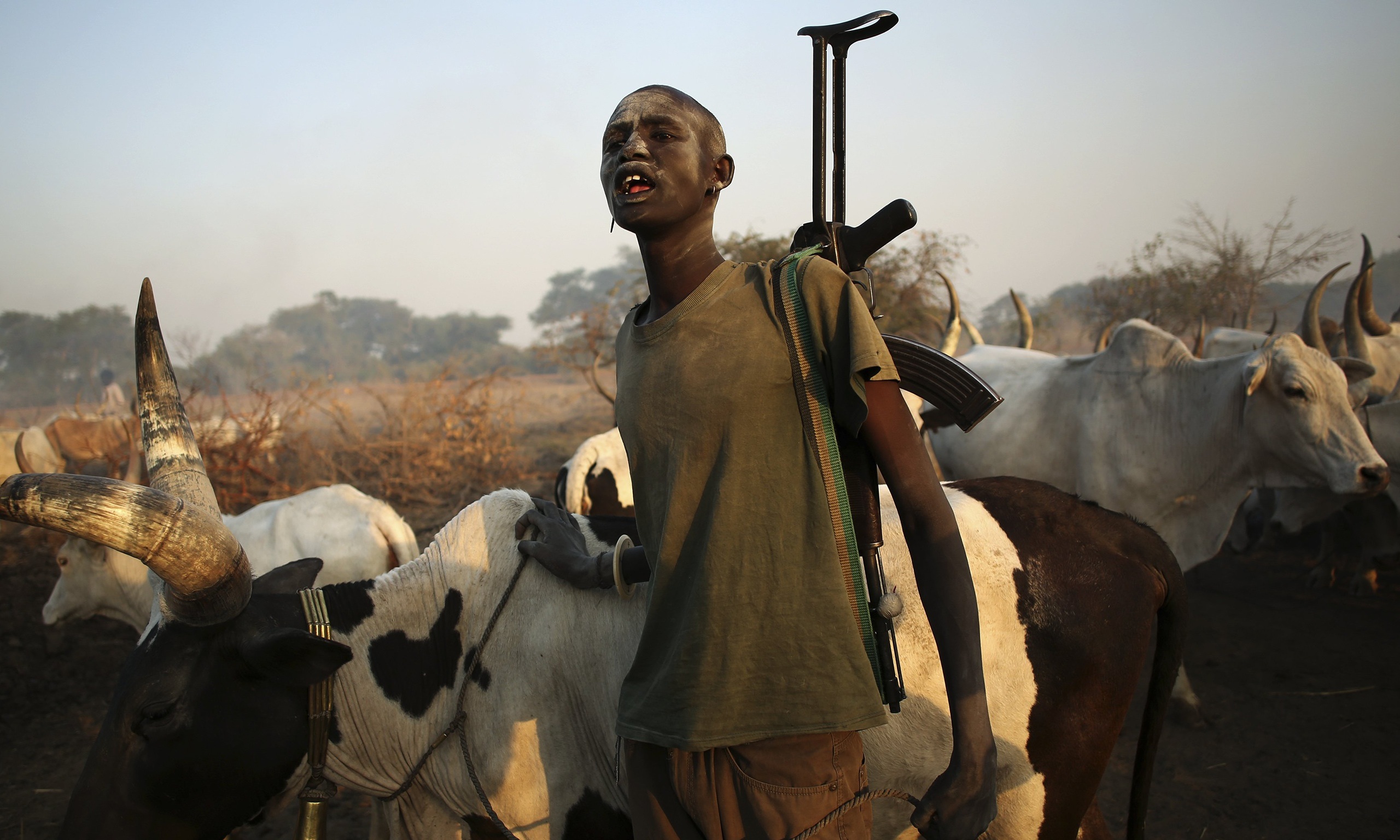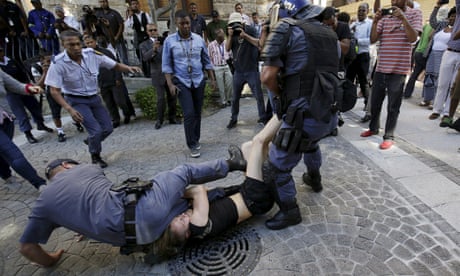By Brittani Howell
Impunity Watch Reporter, The Middle East
DAMASCUS, Syria – According to Human Rights Watch, Russian airstrikes appear to be war crimes, as dozens of civilians have been killed. Since the beginning of Russia’s air campaign in September, more than 130 civilians, including 34 women and 36 children.

The deadliest attack occurred on October 15, 2015 in the village of Ghantou when a home was struck by what was believed to be Russian airstrikes. The attack killed 46 members of the same family, including 32 children and 12 women.
Russia allegedly was targeting Abu al-Abbas, the commander of al-Sumud Brigade of the Homs Liberation Movement. The Homs Liberation Movement is tied to the Free Syrian Army. Abu al-Abbas was not killed in the attack as he had been on the front line at the time.
Local residents believed that the airstrikes were caused by the Russians because of the distinct sound of the plane and because the plane was flying much higher than was is accustomed of Syrian planes.
Human Rights Watch is calling for Russia to investigate the alleged war crime. The report issued by Human Rights Watch states, “indiscriminate or disproportionate attacks are serious violations of the laws of war the Russia has an obligation to investigate.” In response, the Russian Foreign Ministry stated that the report was “another piece of disinformation” and nothing in the report confirmed that the Russian forces had been in the area at the time.
Russian airstrikes have also struck as many as nine hospitals in the month of October. Syrian Medical Society reported that early in October two hospitals in the southern Aleppo were forced to shut down as a result of Russian Airstrikes. This resulted in the depravation of medical access to thousands of people.
Russian airstrikes, in one incident, struck a hospital in the northwest province of Idlib which killed at least 12 people and injured 28 more. Rebels and activists in the area determine which country is responsible for the airstrikes based upon the sound the planes make and the height at which they fly. Syrian Medical Society has not released an official death toll over the month nor has it provided evidence in order to establish that the airstrikes were caused by the Russians.
For more information, please see:
CNN – Rights Group: Russian Airstrikes in Syria May Have Killed Dozens of Civilians – 25 October 2015
Human Rights Watch – Russia/Syria: Possibly Unlawful Russian Air Strikes – 25 October 2015
Al-Jazeera America – Scores Killed in Russian, Pro-Assad airstrikes in Northern Syrian Cities – 24 October 2015
The Wall Street Journal – Syrian Hospitals Hit by Russian Airstrikes, Says Medical Group – 23 October 2015


